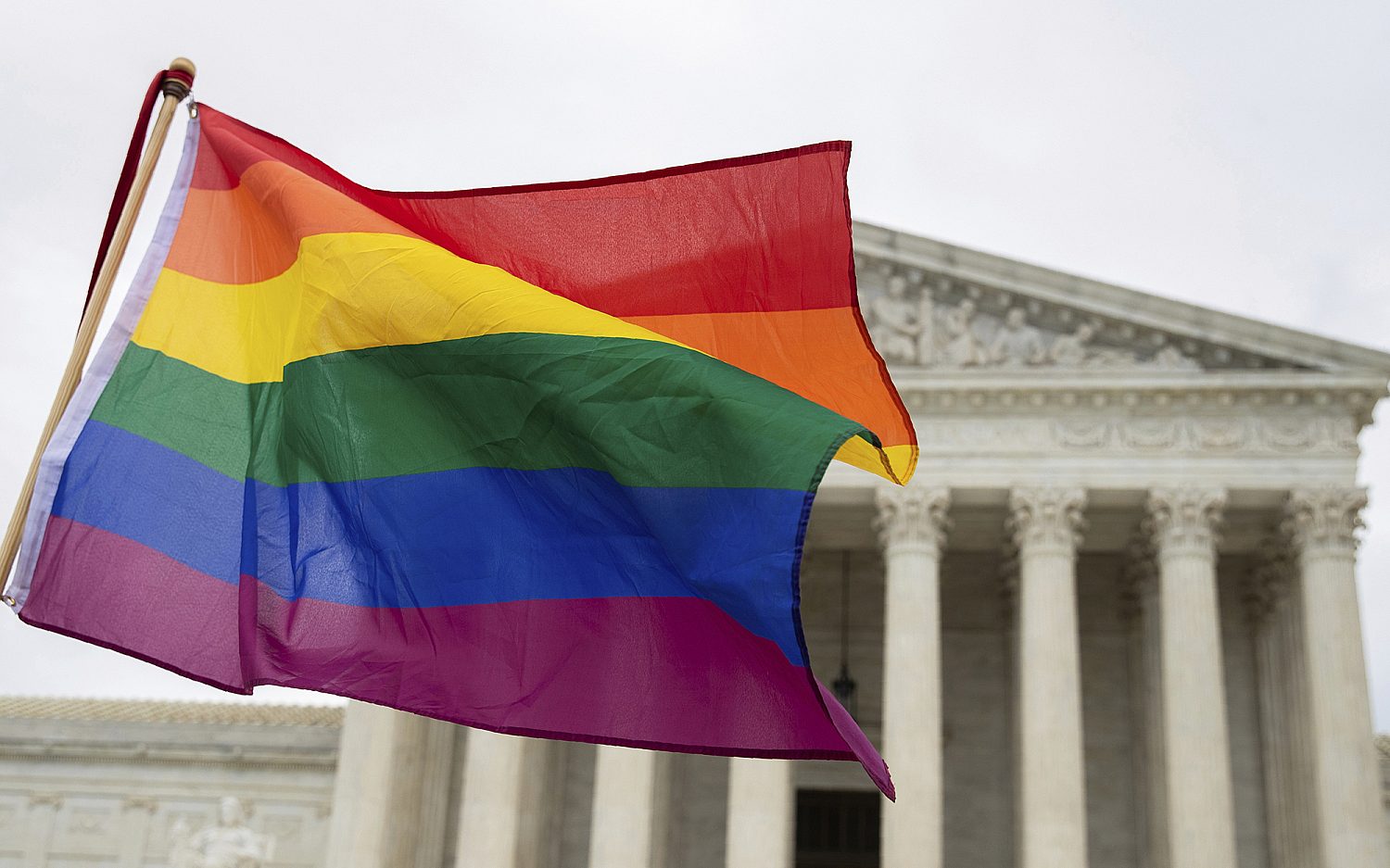The fate of Prop 8
A California judge hears closing arguments in a same-sex marriage case that could wind up before the U.S.
On Wednesday a California judge heard final arguments in a landmark case that will decide the future of Proposition 8, a California voter initiative that banned same-sex marriage in the state.
U.S. District Court Judge Vaughn R. Walker heard supporters of gay marriage argue that denying same-sex marriage is discriminatory and the result of voter "animus" against gays. Proponents of traditional marriage argued that history and tradition defines marriage as for the purpose of procreation, which excludes same-sex unions.
There was one premise both sides could agree on-the significance of marriage. Attorney for the plaintiffs Theodore Olson said in his first statement that the institution of marriage "is so valuable that the Supreme Court says it's the most important relation in life." What they disagreed on was the definition.
Olson hammered hard the parallel between laws banning interracial marriage and laws banning same-sex marriage. He quoted an ex-slave who said marriage was an every-day exhibit of his freedom. Olson added, "The marriage covenant is the foundation of all of our rights."
Charles Cooper, attorney for the Proposition 8 defenders, countered that the parallel between race and gender was misleading, since the weight of history and tradition says that marriage is for the purpose of procreation. Race is not a factor in procreation, Cooper argued, but gender is.
During previous arguments last January, Proposition 8 proponents called just two witnesses, one of whom was author David Blankenhorn. Each side quibbled over Blankenhorn's legitimacy as an expert witness, but Olson finally attempted to turn Blankenhorn's statements against the proponents, quoting Blankenhorn as saying that the children of same-sex couples would be better off if their parents married.
During Cooper's closing arguments, Judge Walker closely questioned him as to why the state has an interest in protecting the institution of marriage. Cooper reiterated the argument that protecting heterosexual marriage protects children: "At bottom, civil society has an interest in maintaining and protecting the institution of heterosexual marriage because it has a deep and abiding interest in encouraging responsible procreation and child rearing. Simply put, government has an interest in marriage because it has an interest in children."
Cooper put forth two propositions: First that redefining the institution will change the institution; and second, that gay marriage supporters couldn't possibly prove that the changes would be good.
Olson closed his rebuttal by again saying that a "discriminatory animus" motivated Proposition 8 voters. Pointing to language in the ballot initiative arguments that mentioned protecting children, Olson said that Proposition 8 supporters "are projecting on a group of people that they are different and you don't want your children to know about them. You certainly don't want your children to think they are normal."
In a livestream chat with viewers, Brian Brown-president of National Organization for Marriage, an organization that supports Proposition 8-said that this argument of "animus" would limit the rights of religious people to engage in public debate. He added, "I am not holding my breath for a good ruling from Judge Walker."
A decision from Judge Walker is expected in a few weeks, and whatever ruling he hands down likely will be reviewed by the 9th U.S. Circuit Court of Appeals and then the U.S. Supreme Court.
An actual newsletter worth subscribing to instead of just a collection of links. —Adam
Sign up to receive The Sift email newsletter each weekday morning for the latest headlines from WORLD’s breaking news team.




Please wait while we load the latest comments...
Comments
Please register, subscribe, or log in to comment on this article.